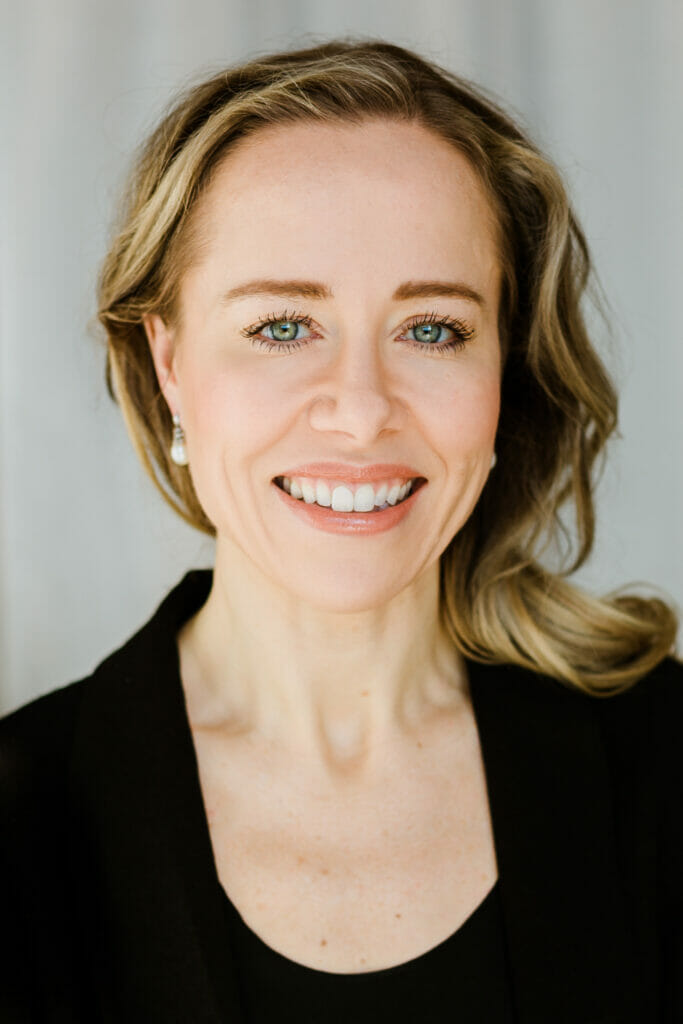
Psychology
PT397 – Vital Psychedelic Conversations
March 9, 2023
Featuring: Dr. Devon Christie & Emefa Boamah
In this episode of Vital Psychedelic Conversations, David interviews Vital instructor, Dr. Devon Christie: Senior Lead of Psychedelic Programs at Numinus, MAPS-certified MDMA therapist, and now four-time guest; and Vital student, Emefa Boamah: coach, facilitator, and trauma-informed intuitive guide specializing in embodiment.

In this episode of Vital Psychedelic Conversations, David interviews Vital instructor, Dr. Devon Christie: Senior Lead of Psychedelic Programs at Numinus, MAPS-certified MDMA therapist, and now four-time guest; and Vital student, Emefa Boamah: coach, facilitator, and trauma-informed intuitive guide specializing in embodiment.
We’ve all heard the trope, “It’s all in your mind,” but it’s also in your heart, soul, community, support system, and body – the focus of this episode. Christie and Boamah dive deep into the various aspects of the relationship between non-ordinary states and our bodies: ways to embody our bodies more; how the body is a fundamental source of truth; the benefit of checking in with one’s body after an experience (to validate or disprove what may have come up); the importance of movement and rest; the different bodies we inhabit (physical, emotional, energetic, mental, and spiritual); and ways to accept (and eventually love) our bodies in a society that’s always working to make us hate them – is self-love the ultimate act of defiance?
They also discuss the post-experience plasticity in everything, and the challenge of preparing an experiencer for something we can’t know; how facilitators and practitioners need to track their own subconscious feelings and reactions; the concept of embodied inquiry; the necessity of remaining curious and humble; and the idea of using integrative practices to find ways to become the person you want to be – the person you may have seen glimpses of in non-ordinary states.
And as this year’s edition comes to an end, Boamah reflects on her experiences with Vital, particularly the communal aspects of the retreat and how healing it was to literally be lifted up by her companions. If you’re curious about whether Vital is right for you, please come to an upcoming Q+A. Applications close March 26!
Notable Quotes
“Something happens with plant medicines (psychedelics (for me, with mushrooms)) that just takes you out of it and you see the inherent worth of who you are as a human, as a person. And integrating that process after coming out, I think, does a lot to help with self-love – not to say that cannot be attained without psychedelics, but it’s a different quality to it when you’re able to see yourself outside of yourself and see that you’re just valuable as you are.” -Emefa
“Not only are we fighting against us as human beings (like, whatever is happening internally), there’s also the societal expectations of how we ought to be. …There’s all these things where society is bent on making sure that we don’t feel comfortable in our bodies, so for me, from that lens, self-love is an act of reclamation. It’s like a defiant political act to reclaim who we are as people and spend that inherent worth without buying into what we’re being told to do, unapologetically – like, own it: ‘This is who we are and this is where we come from and we get to take space.’” -Emefa
“Those strongly reinforced habits: they restrict what we can attend to. They restrict our perception. So when they’re loosened under a psychedelic, we’ve got all these dimensions of experience that we can suddenly experience. That’s where, I think, not only in preparation, but in how we meet and attend to the emergent experience of people in psychedelic experiences, as practitioners, we need to be fluent ourselves in our own dimensions of experience of our being, so that we can meet and be curious and inquire and help that person to come to know themselves in all of that dimensionality, and then for their meaning to percolate up from that place.” -Devon
“The wisdom of ceremony, community ceremony, dance, music: that brings connection, that brings rhythm. And one nervous system by itself in the face of trauma is very vulnerable, many nervous systems together in the face of trauma: there’s resiliency. …Thankfully, in many ways, psychedelics help us to perceive this, and then in each person, perceive: ‘What’s the truth for me in this?’ and then we can try to live that.” -Devon
Links
Psychedelics Today: PT306 – Dr. Devon Christie – Vital Psychedelic Conversations
Drdansiegel.com: An Introduction to Interpersonal Neurobiology
Pubmed: REBUS and the Anarchic Brain: Toward a Unified Model of the Brain Action of Psychedelics
Rest Is Resistance: A Manifesto, by Tricia Hersey



